These delicacies are enjoyed globally, improper preparation can lead to severe health risks, including paralysis, poisoning, and even death. Understanding how to safely consume these foods is essential for those who dare to try them.
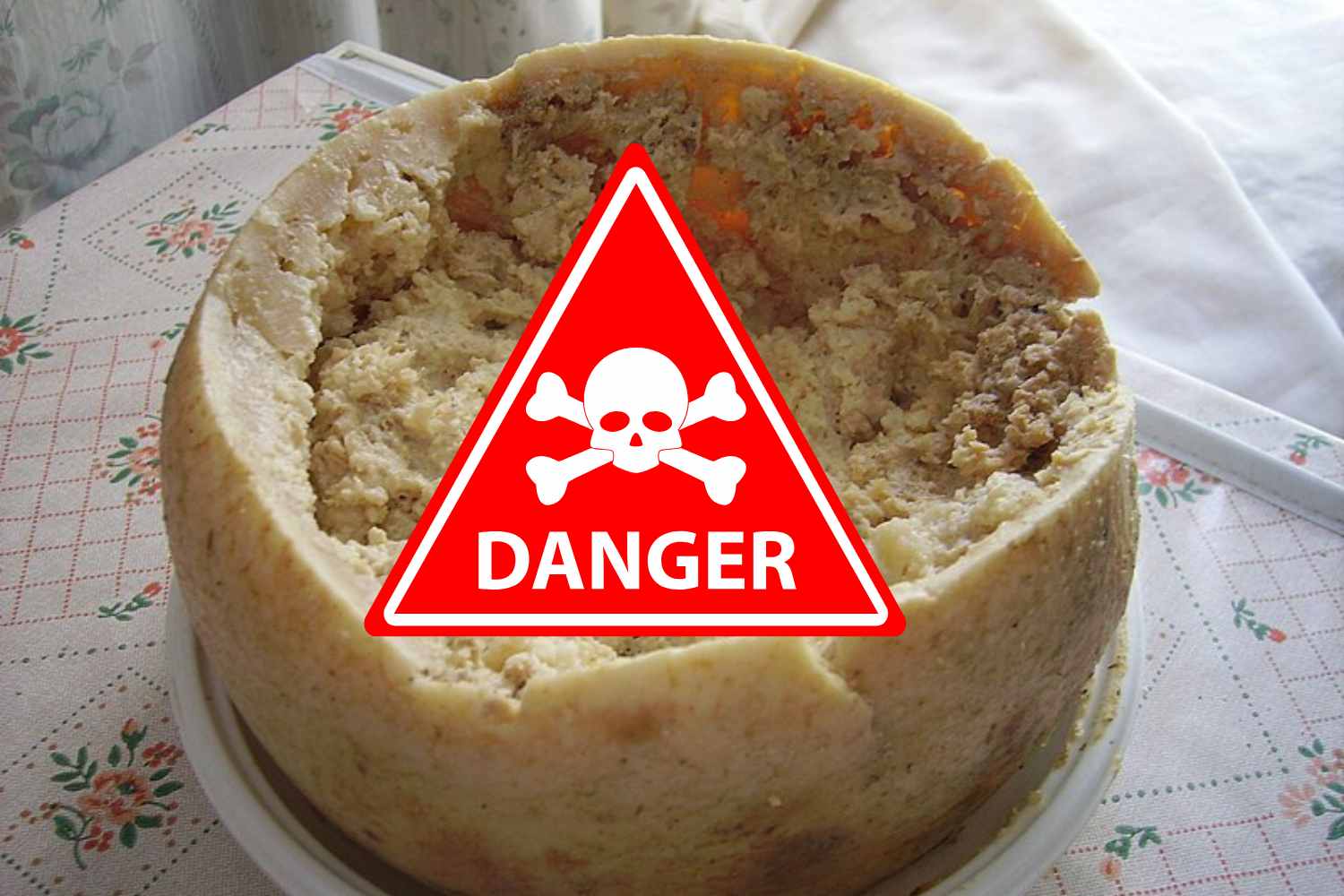
There are foods, although consumed in various dishes worldwide, which pose severe health dangers. These foods consist of toxic components or must be well prepared to avoid harm. The following are some of the world’s most dangerous foods.
Fugu fish
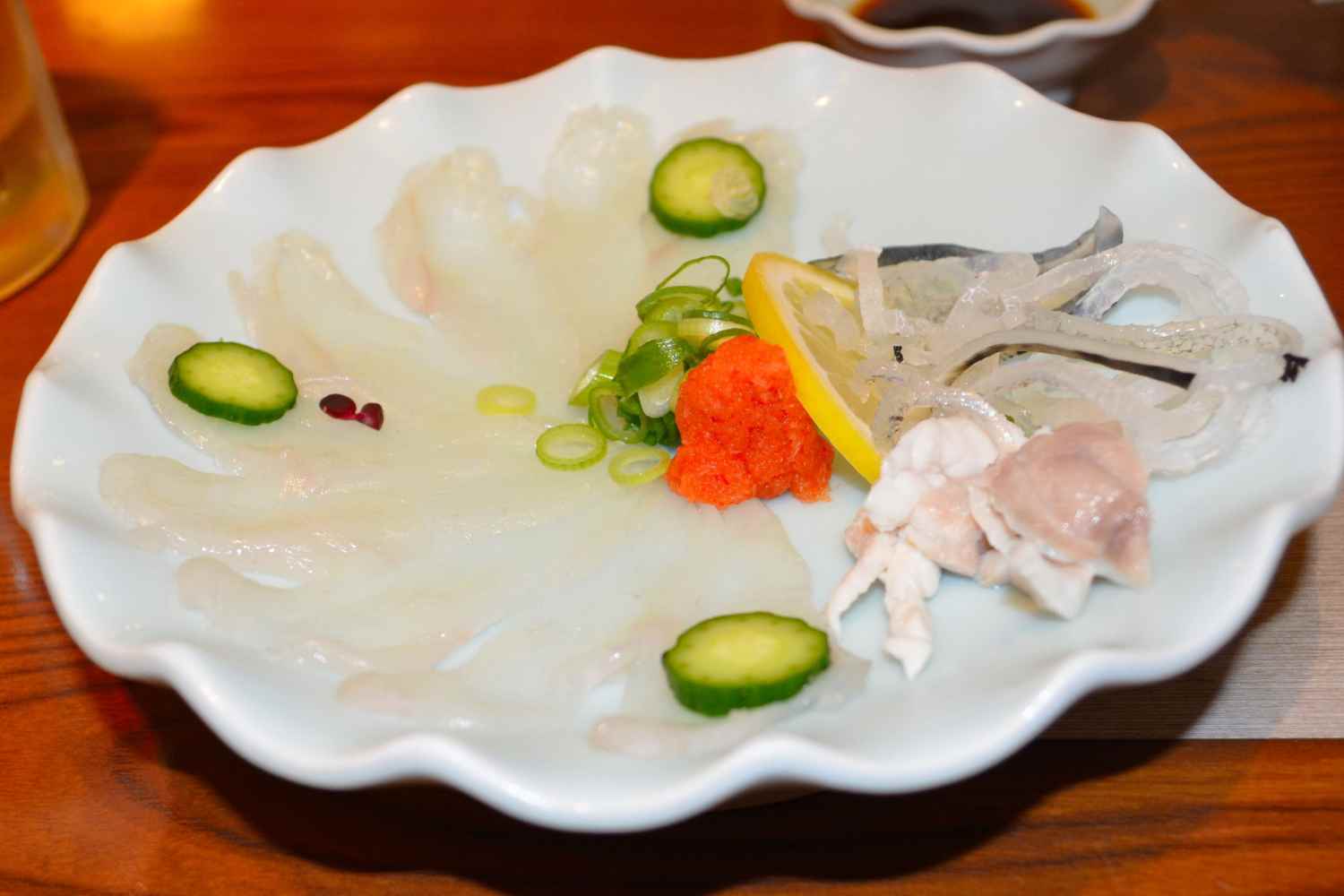
Fugu fish is a Japanese food but also one of the deadliest. While its meat is edible, its organs, skin, and ovaries possess a deadly toxin named tetrodotoxin, which could cause paralysis and death if taken in. Specially trained and licensed chefs are only allowed to prepare it, yet accidents, even fatal, still occur each year because of careless preparation.
Casu marzu
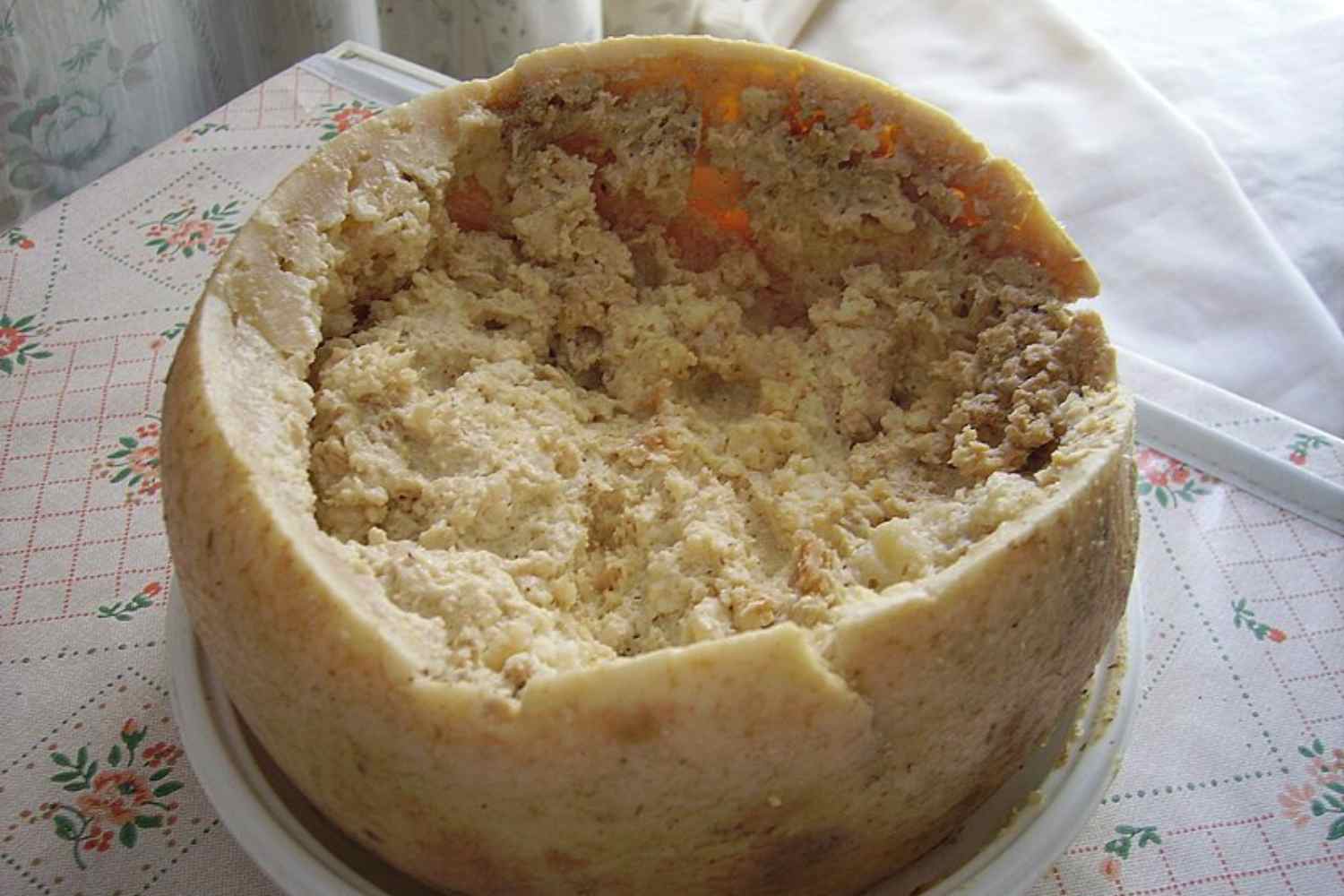
Casu marzu is an Italian cheese containing live larvae. The larvae ferment the cheese, but they can live inside the human body if they are not digested properly and will continue to move while being digested. This can lead to severe infection and gastrointestinal issues, so it is extremely dangerous to consume casu marzu.
Mochi

Mochi is a Japanese rice cake with a chewy, sticky texture. Mochi is not harmful in itself, but it can be hazardous to swallow if taken in large bites. There are reported cases every year where individuals, particularly the elderly, struggle to chew and swallow it. One should be careful to eat mochi slowly in small pieces to avoid serious repercussions.
Echizen-Kurage
Echizen-kurage is the largest jellyfish in the world, up to 6.5 feet in diameter. While not poisonous by nature when consumed, improper cleaning can render it harmful. The jellyfish’s skin contains venom that can kill and has the potential to cause cardiac arrest or paralysis when it comes into contact with human skin.
Fire paan
Fire paan is one of the popular Indian street foods that can be confused with a plain betel leaf roll but is extremely risky. There are certain varieties that have an inflammable component that, once fired up, can lead to severe burns. Paan has also been known to lead to various cancers, particularly of the mouth and throat, if chewed regularly.
Fesikh
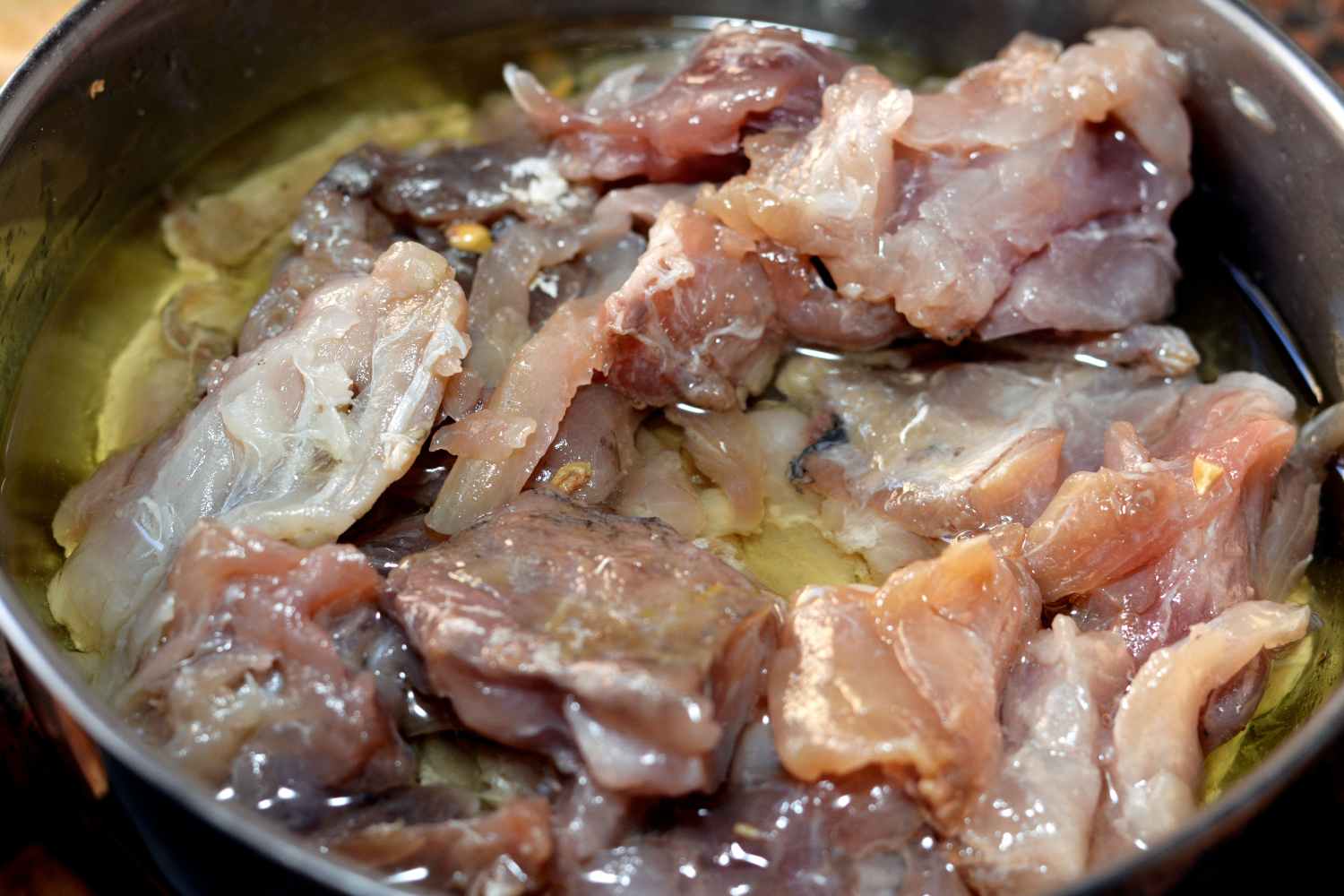
Fesikh is a fermented and dried Egyptian fish dish made of mullet fish. Although it is a traditionally served food item during celebrations, it can be dangerous if prepared in the wrong way. The fish is contaminated with bacteria that include Clostridium botulinum, which causes botulism, a paralyzing type of food poisoning that can lead to paralysis and even death.
Nakji octopus
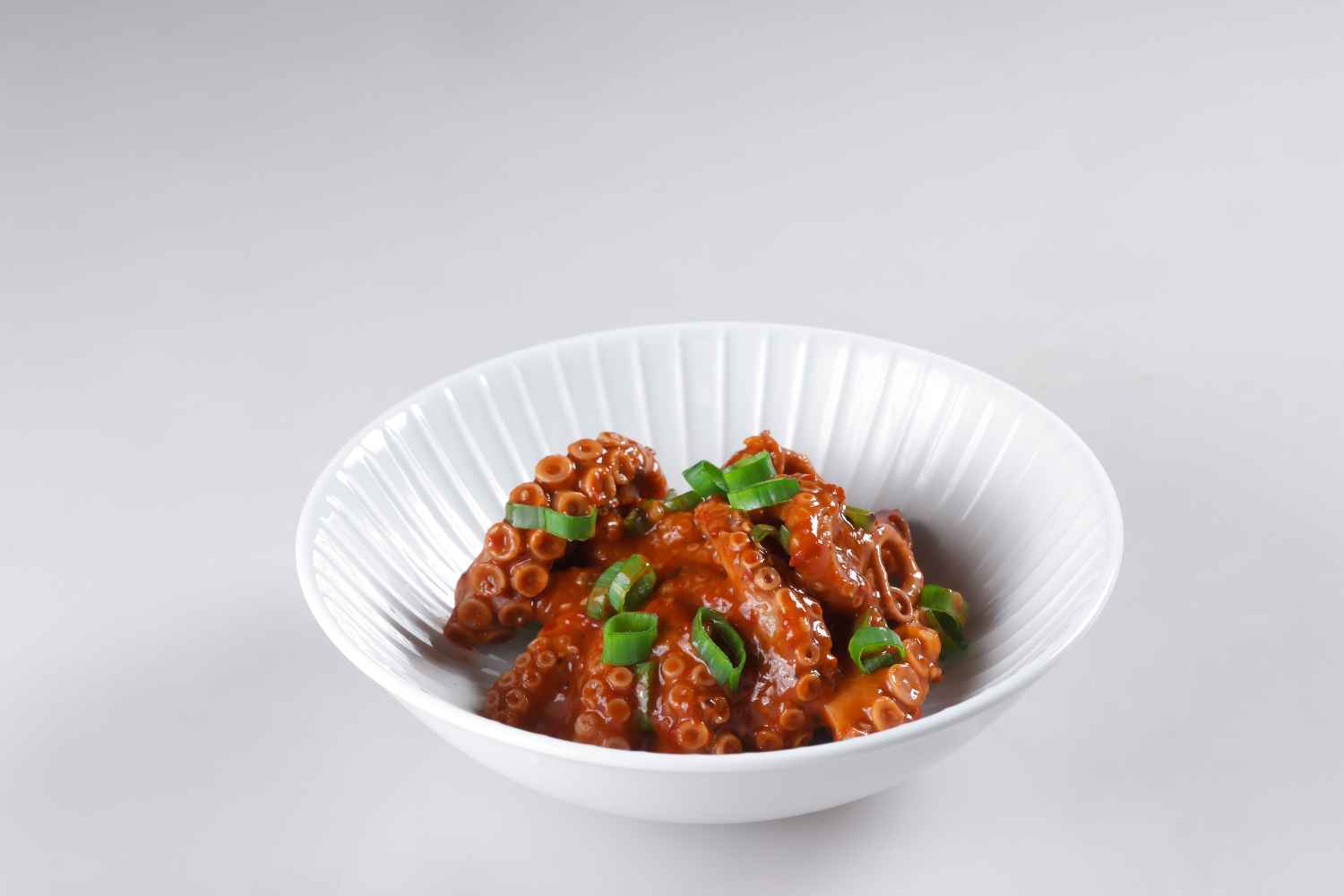
Nakji octopus, a food item in Korea, is toxic because its suction cups remain active even after death. They stick in the throat and windpipe of individuals who eat it and lead to choking. In other cases, individuals who don’t chew it sufficiently have found themselves with very serious breathing issues.
Cashew nuts
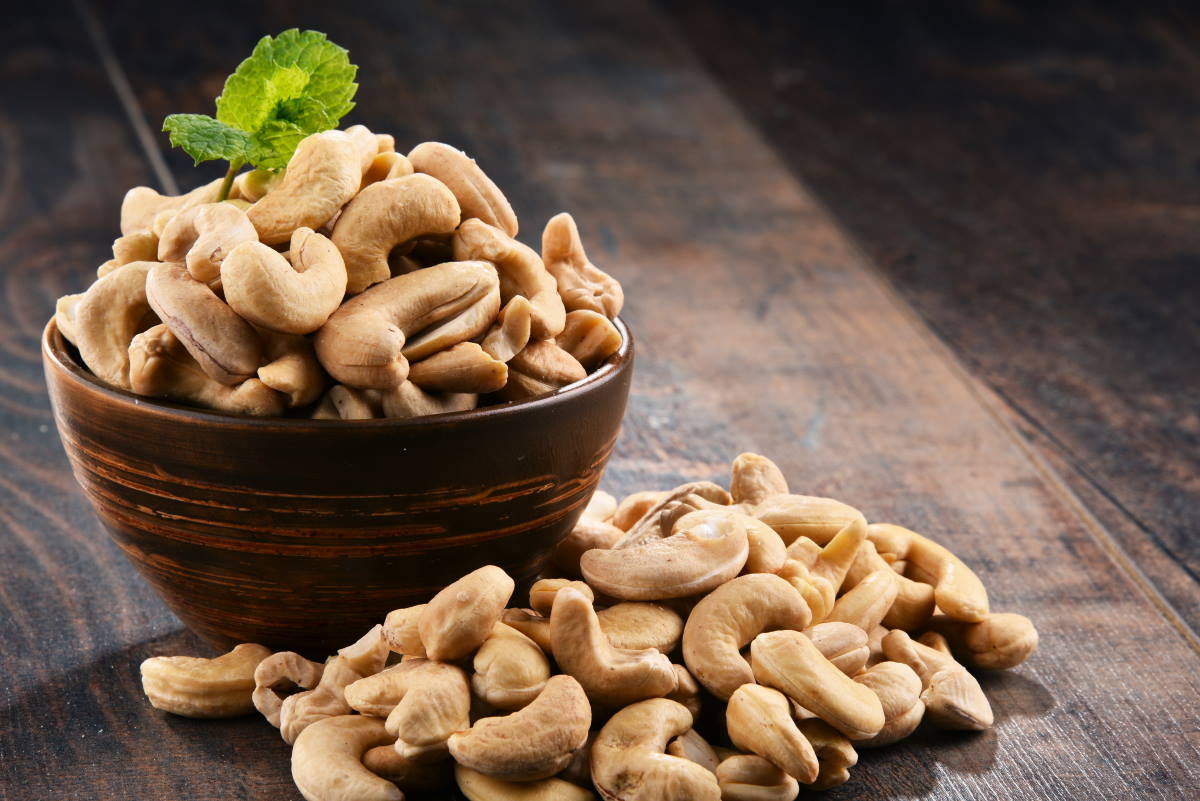
Cashew nuts are a popula snack, but eating them raw is risky. Raw cashews contain a toxic substance called urushiol that may trigger allergic reactions and skin irritation if improperly processed. To ensure safety, cashews must be roasted before eating.
Cassava
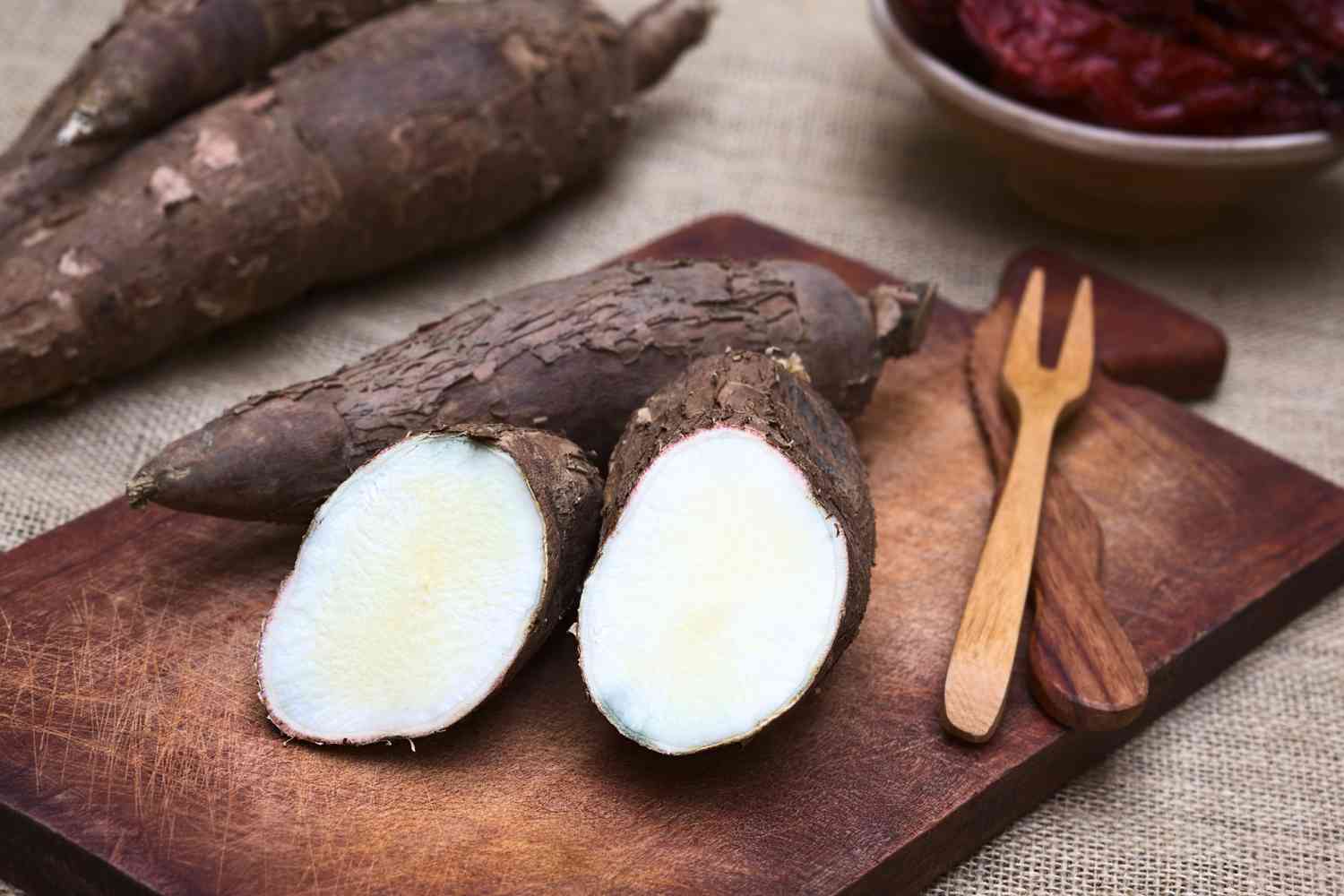
Cassava is a root that is consumed in the majority of the globe, but it contains a toxic compound called linamarin. Linamarin will convert to cyanide, which is highly toxic, if not boiled or fermented.
Hakarl
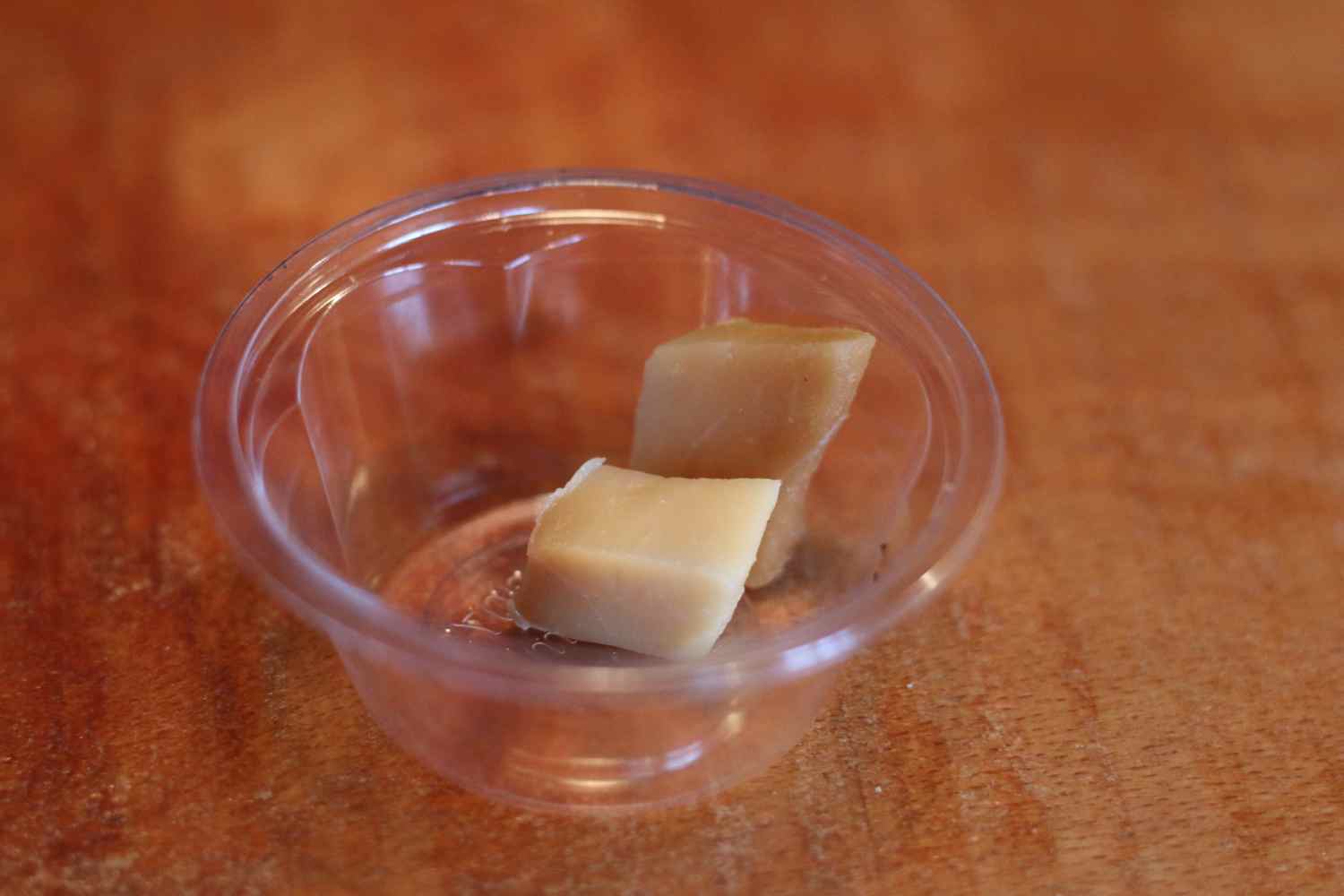
Hakarl is a fermented Icelandic dish that is made with shark meat. Shark meat contains very high levels of uric acid and ammonia if not disposed of, causing severe food poisoning. Hakarl also has a repulsive smell to it, making it one of the most difficult foods to eat.
Elderberries
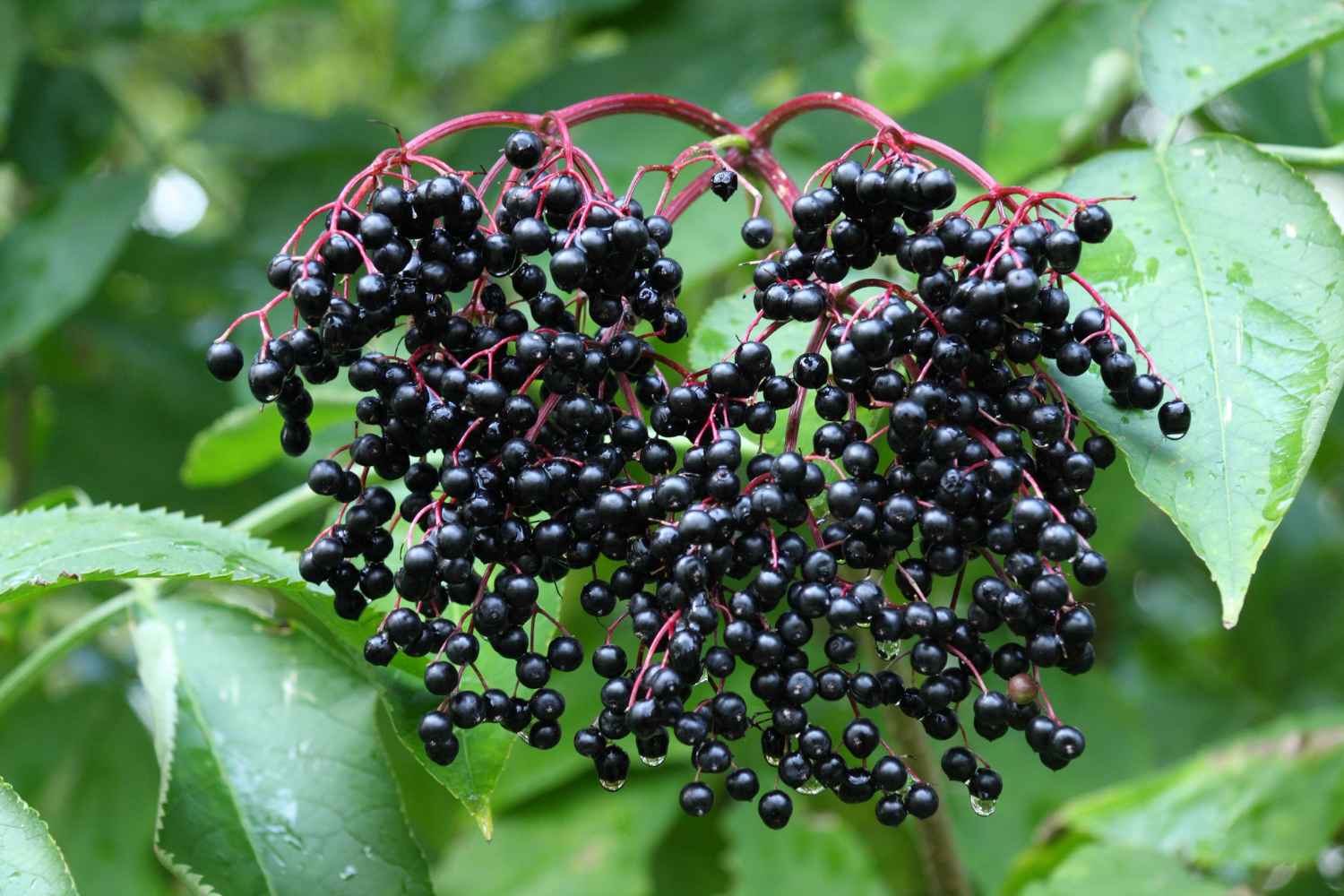
Elderberries, as extensively used in syrups and jams, are dangerous if eaten raw. They contain a poison called sambunigrin that, when eaten in large quantities, causes nausea, vomiting, and poisoning. Cooking the berries properly will destroy the poisons so they become safe to eat.
Ackee
The ackee fruit, Jamaica’s national fruit, tastes and appears quite distinctive. Care must be taken to eat it, though. Unless ripe or properly cooked, it contains toxins known as hypoglycins that can cause severe illness, vomiting, and even death. Cautionary preparation must be done in order to be able to relish this unusual fruit.
While these foods are considered delicacies in different parts of the world, they require careful handling and preparation to prevent serious health risks. Awareness and proper knowledge of their safe consumption are essential for enjoying them without danger.
